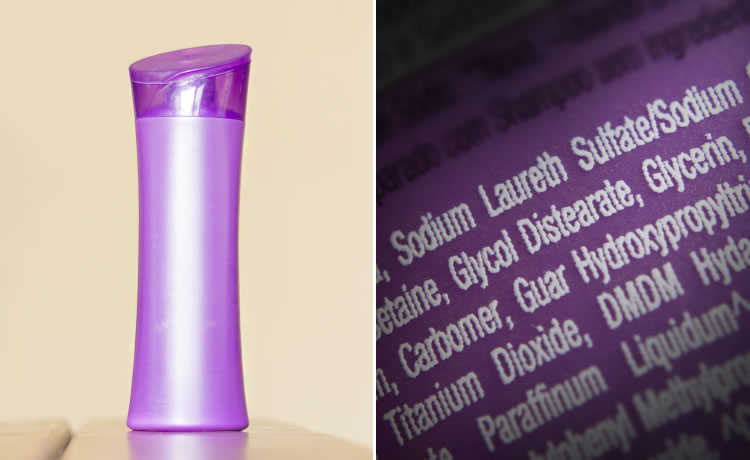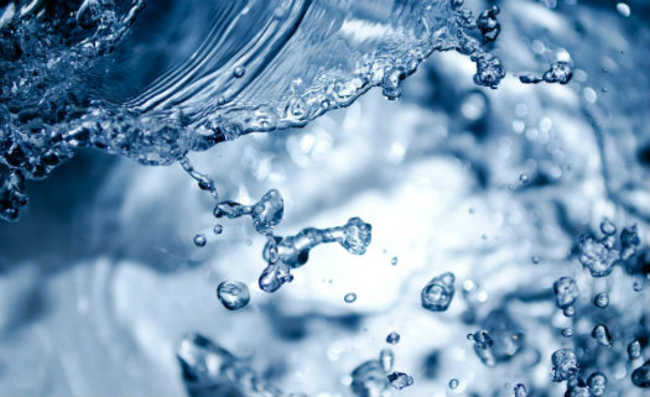Ministry and sector entities close agreement for electronics reverse logistics
Sectoral agreement provides for the creation of 5,000 collection points for electronic waste

Image: Tina Rataj-Berard on Unsplash
The Electrical and Electronics Reverse Logistics Sector Agreement was signed last Thursday (31) by entities representing the sector and by the Ministry of the Environment. After years of negotiation, Abinee (Brazilian Association of the Electrical and Electronic Industry), Abradisti (Brazilian Association of Distribution of Information Technology Products and Services), Assespro Nacional (Federation of Associations of Brazilian Information Technology Companies), Green Eletron (National Electric and Electronic Equipment Waste Manager) and Minister Ricardo Salles reached an agreement.
The signing of the agreement, expected since 2010, represents an important advance in the National Solid Waste Policy, which established the mandatory use of Reverse Logistics for electronic products and the participation of manufacturers, importers, distributors and traders of these products, and the Zero Waste Program , launched on April 30 this year, within the scope of the National Urban Environmental Quality Agenda.

The proposed agreement was submitted to public consultation, and 1,682 contributions were received.
The sectorial agreement foresees two phases, the first being dedicated to structuring the system and the second related to its implementation and operation, with annual and growing goals, deadlines and concrete actions, reaching 17% in the fifth year.
Consumer electronics collection points will increase from 70 to more than 5,000 in the country, covering the 400 largest municipalities (with population over 80,000 inhabitants), which comprise approximately 60% of the population.
In addition, 100% of the collected products must be sent to an environmentally appropriate final destination, preferably recycling, thus reinserting materials into the production chain, reducing pressure for new raw materials and the environmental impacts caused by inadequate disposal.
Communication actions and campaigns to raise awareness of the population regarding proper disposal are also planned.
According to the UNU (United Nations University), in 2016, 45 million tons of electronic waste were generated in the world, with only 20% being properly collected and recycled. These residues, when not properly treated, can cause contamination of soil and surface and underground water, compromising environmental quality and people's health.
Check out the full agreement document and its annexes:
- Sector Agreement - Electronics
- Annex I
- Annex II
- Annex III
- Annex IV
- Annex V
- Annex VI
- Annex VII
- Annex VIII
- Annex IX










